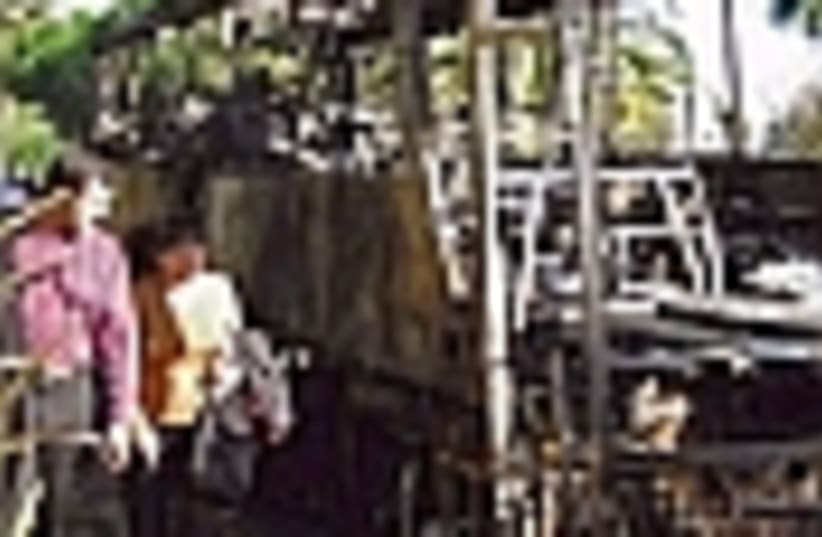| More about: | Paris, Financial Times, Nicolas Sarkozy, Jacques Chirac |
Residents from riot-torn suburbs march in Paris, call to end unrest
Chirac acknowledges France must confront inequalities, discrimination that fueled riots.


| More about: | Paris, Financial Times, Nicolas Sarkozy, Jacques Chirac |